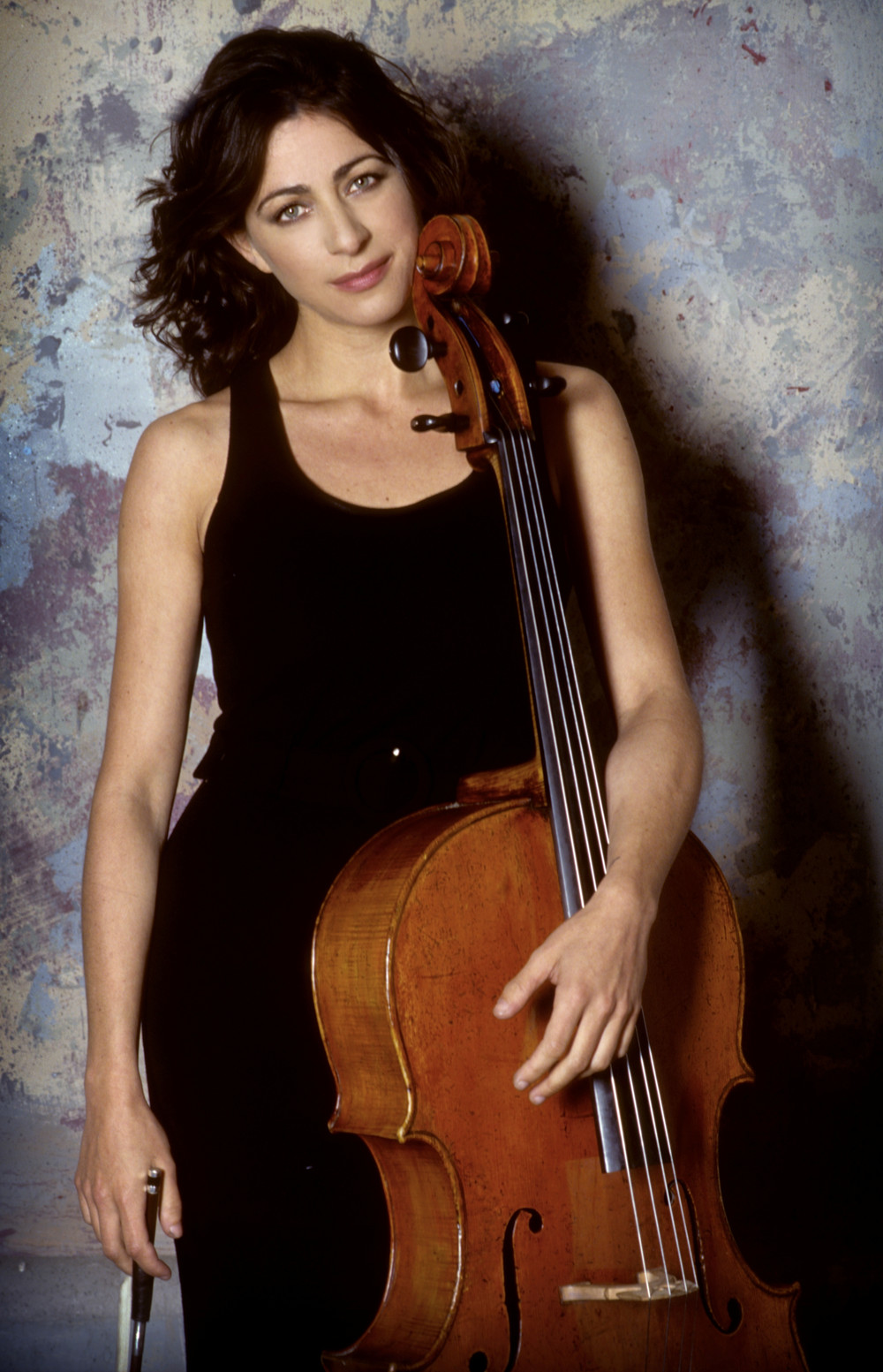Natalie Clein brings ardent artistry to Jewish composers at Mandel Hall

The University of Chicago’s Mandel Hall became a temple to Jewish music Friday night, as British cellist Natalie Clein (accompanied by pianist Qing Jiang) served up a program of four Jewish composers, from the 19th century to the present.
The concert opened and closed with short pieces by Ernest Bloch, which were the most explicitly Jewish-sounding compositions and the most compelling performances of the concert.
Clein began the Méditation hébraïque with minimal inflection: barely any vibrato or accentuation. Just a pure sound. This contrasted nicely with a stormy middle section and a tender reprise of the opening melody.
At the other end of the spectrum was Clein and Jiang’s highly inflected performance of Bloch’s From Jewish Life. The two players traded tenderly phrased melodies in “Prayer” and displayed a wide range of expressive articulations in “Supplication.” Clein bent the opening pitches of the closing “Jewish Song” into mournful sobs that managed to be expressive without seeming affected.
Hearing Clein’s performances of Bloch inspired composer Brian Elias to write the most contemporary piece on the program: L’innominata. (The last four letters of the title were inspired by the first four of the name “Natalie.”) In her spoken remarks, Clein said that Elias—who also wrote a cello concerto for her in 2015—“never overstays his welcome” in his music.
Clein’s analysis proved accurate. The roughly ten-minute piece has a virtuosic scampering section in the middle, which Clein and Jiang dispatched with admirable energy and synchrony. This is surrounded by slower, more plangent episodes. These have enough individual character to stop the piece from bogging down, if this character can be brought to the fore. And Clein succeeded in showcasing it in a variety of colors.
Joining these shorter works were the two centerpieces of the program: cello sonatas by Mieczyslaw Weinberg and Felix Mendelssohn.
Although Weinberg was perhaps the greatest Soviet composer of the generation in between Shostakovich and Schnittke, his music has mostly flown under the radar until recently. Indeed, Clein said that she wasn’t familiar with it until last year, and that this concert marked the first time that she and Jiang would play his sonata together.
Their performance of the first movement of Weinberh’s Cello Sonata No. 2 perhaps betrayed some inexperience. It is (atypically for the genre) a slow movement, and not in sonata form. Clein and Jiang’s rendition was technically proficient, but rather shapeless, without clear delineation of a dramatic arc.
Their playing of the remaining movements suffered no such problems. The Andante conjured an atmosphere of mystery, with creepy pizzicato work from Clein and dark-toned melodies from Jiang. Their finale was suitably spiky without veering into ugliness.
Much of the tone in the outer movements of Mendelssohn’s Cello Sonata No. 1 was set by Jiang. Whether by choice or necessity, her passagework had a nervy edge to it, even in the sunniest spots.
She and Clein made this work, however. There has been a recent interpretive push to help Mendelssohn shed his image as a softcore romantic, by bringing out more of the tension in his music. Clein and Jiang’s manic outer movements, peppered with rapid dynamic shifts, stressed this.
Perhaps to balance things out, their performance of the middle movement was neither as soft nor as staccato as Mendelssohn’s markings suggest. Instead, the music had a robust lyricism.
As an encore, Clein played her own arrangement of the Catalan folk tune “Song of the Birds.” Although this is not Jewish music, Clein said that it was nonetheless appropriate, since it was a favorite of Pablo Casals while he was in exile from his homeland. Her arrangement has a couple of cutesy moments—using harmonics to imitate the birds—but otherwise has a pleasing naturalness to it. She played it with a grace and shapeliness reminiscent of the best Bach performances.
The University of Chicago Presents continues March 1 with a series of world premieres performed by the Grossman Ensemble. chicagopresents.uchicago.edu
Posted in Performances



